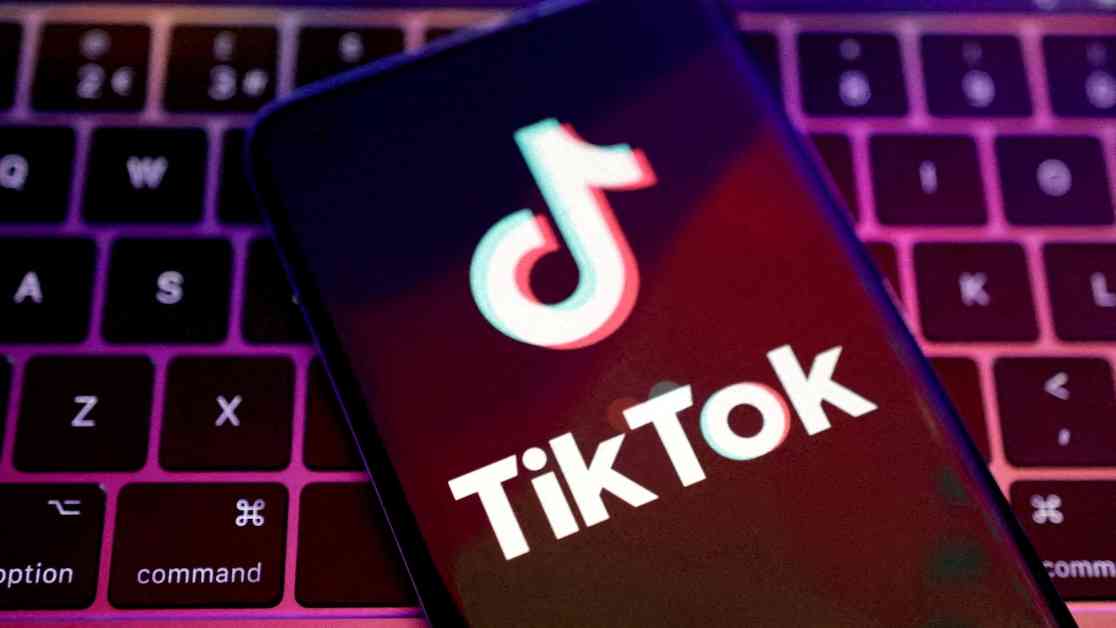The recent TikTok deal, which aimed to transfer the app’s United States operations to a new company with majority American ownership, has been thrown into uncertainty amidst escalating tensions between the U.S. and China. Led by Vice President JD Vance, negotiations involving key players such as Oracle, Blackstone, Andreeson Horowitz, and ByteDance, along with senior administration officials, seemed to have reached a consensus. The plan was for President Donald Trump to sign an executive order this week, initiating a 120-day period for finalizing the paperwork and financing. ByteDance was set to retain minority ownership in the new entity, meeting the 20% threshold stipulated by Congress. However, just as the deal appeared imminent, a new twist emerged when President Trump announced tariffs on Wednesday afternoon, disrupting the delicate balance of negotiations.
Unexpected Turn of Events
The Chinese government’s approval of the deal was expected to be a mere formality, but ByteDance’s representatives conveyed a different message to the White House on Thursday morning. They revealed that the deal hinged on addressing the impact of Trump’s tariffs, thereby linking the fate of TikTok to the broader U.S.-China trade war. Consequently, the deal that was on the verge of completion found itself in limbo, held captive by the rapidly evolving dynamics of international trade relations. President Trump’s subsequent decision to extend the deadline for the ban or sale of TikTok, originally set for April 5, further underscored the uncertainty surrounding the deal. This extension marked the second time the deadline had been pushed back under the current administration, reflecting the intricate interplay between geopolitical forces and corporate negotiations.
Future Prospects and Uncertainties
As the TikTok saga unfolds, the fate of the deal now hangs in the balance, contingent upon the outcomes of U.S.-China trade negotiations. While the investors and the White House remain steadfast in their commitment to the existing terms, the specter of renegotiation looms large amidst the backdrop of escalating trade tensions. The revival of the deal hinges on a delicate dance of diplomatic maneuvers and economic considerations, with the ultimate resolution likely to chart a new course for transnational business dealings in the digital age. The interplay between political imperatives and corporate interests underscores the complex nature of modern-day negotiations, where the lines between commerce and geopolitics blur with increasing frequency.
The intricacies of the TikTok deal underscore the multifaceted nature of international negotiations, where economic imperatives intersect with political realities to shape the contours of global commerce. As the saga continues to unfold, the stakes are high for all parties involved, with the outcome likely to reverberate far beyond the confines of the boardroom. The evolving dynamics of U.S.-China relations serve as a backdrop to the intricate dance of negotiations, underscoring the interconnected nature of today’s global economy. In the end, the fate of TikTok serves as a microcosm of broader geopolitical forces at play, where the lines between business and diplomacy are increasingly blurred.














